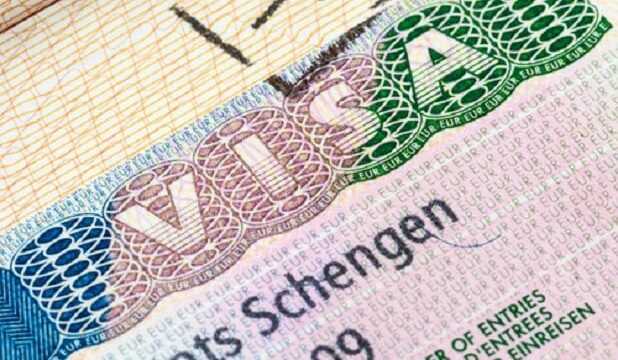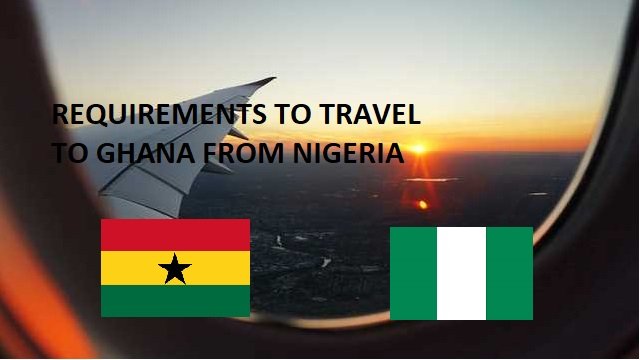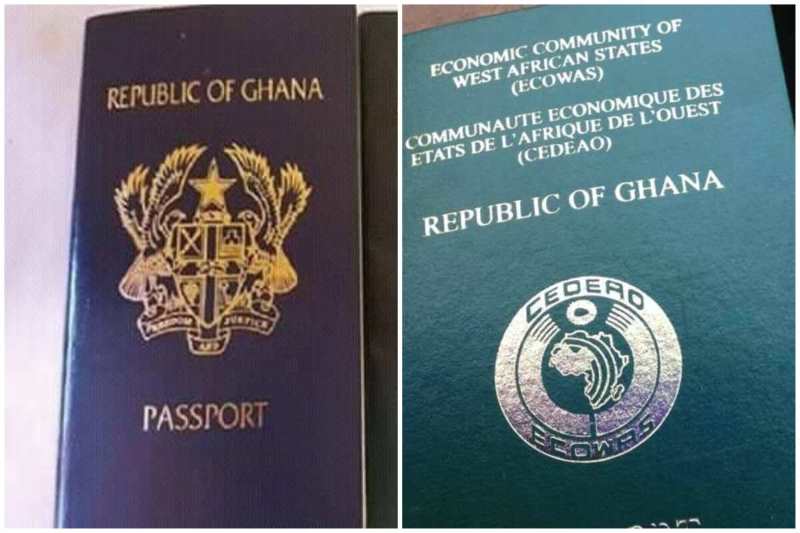How to Apply for a Schengen visa from Ghana

The Schengen Area is a group of European countries that have done away with passport controls and other restrictive measures at their shared borders. This allows for free travel throughout the region for both tourism and business purposes.
In order to visit the Schengen Area, one must obtain a Schengen visa, which is a short-stay visa that allows for stays of up to 90 days. The Schengen visa is the most common type of visa for Europe and enables its holder to enter, travel freely within, and leave the Schengen Zone from any of the member countries.
Ghana is among the countries whose citizens are required to obtain a Schengen visa in order to enter any member country of the Schengen Area. Ghana is also among the countries whose citizens need an airport transit visa in order to change the airplane at an airport in a Schengen Area country.
1. Required Documents
When applying for a Schengen visa you need to get the following documents;
• Fully completed and signed visa application form.
• A valid passport that is not more than 10 years and is valid for at least three months beyond the date of leaving the Schengen area.
• Trip reservation or itinerary which includes dates and flight numbers specifying entry and exit from the Schengen area.
• A travel insurance policy document that proves you have travel health insurance for the whole Schengen territory, with a minimum coverage of 30,000 euros in case of any medical emergency such as illnesses, accidents, and even repatriation in case of death
• A proof of accommodation document that shows where you will be accommodated throughout your stay in Schengen. It could be a hotel, rental, or invitation from a host whose house you’ll be staying.
• A proof of the financial statement that shows that you have enough money to support yourself financially throughout your stay in the Schengen. It could be a bank account statement, sponsorship letter, or both.
• Proof of the visa fees paid
2. Requirement per employment status
Some countries have other requirements attached to the previously mentioned ones depending on the employment status of the visa applicant.
For employees:
• Employment contract.
• Current bank statement of the latest 6 months.
• Leave permission from the employer.
• Income Tax Return (ITR) form or Certificate of Income Tax deducted at the source of salary.
For the self-employed:
• A copy of your business license.
• Company bank statement of the latest 6 months.
• Income Tax Return (ITR).
For students:
• Proof of enrollment.
• No objection letter from School or University.
For retirees:
• Pension statement of the latest 6 months.
• If unemployed and married to an EU citizen:
• Confirmation of Employment letter, no older than three months, from their spouse’s employer stating the position held within the company as well as the starting date.
• Spouse’s valid passport.
• An official marriage certificate.
3. Schengen visa for minors
Applying for a Schengen visa for minors also requires extra documents to be provided by parents or guardians. These are
• The minor’s birth certificate.
• Application form signed by both parents.
• Family court order – in cases where only one parent has full custody of the child.
• Certified copies of ID/passport of both parents.
• A notarized parental authorization signed by both parents/guardians if the minor will be traveling alone.
If you find it tiresome to go through all these processes it is advisable to seek the help of authorized travel agencies that can help you with most of the processes except the ones you are required to do in person.
Boost Your Business Growth with YouTube Shorts: A Complete Guide
YouTube Shorts have rapidly emerged as a powerful tool for businesses ai...
Essential Legal Tips Every Small Business Owner Should Know
Starting and running a small business can be an exciting venture, but it...
Secrets to Creating Customer Experiences That Leave a Lasting Impression
In today’s competitive market, creating a memorable customer exper...
Transform Your Local Business with These Social Media Strategies
In today's digital age, social media is an indispensable tool for promot...
Revolutionize Your Local Business: The Must-Know Marketing Trends of 2024
The world of local business marketing is ever-evolving, with new trends ...







